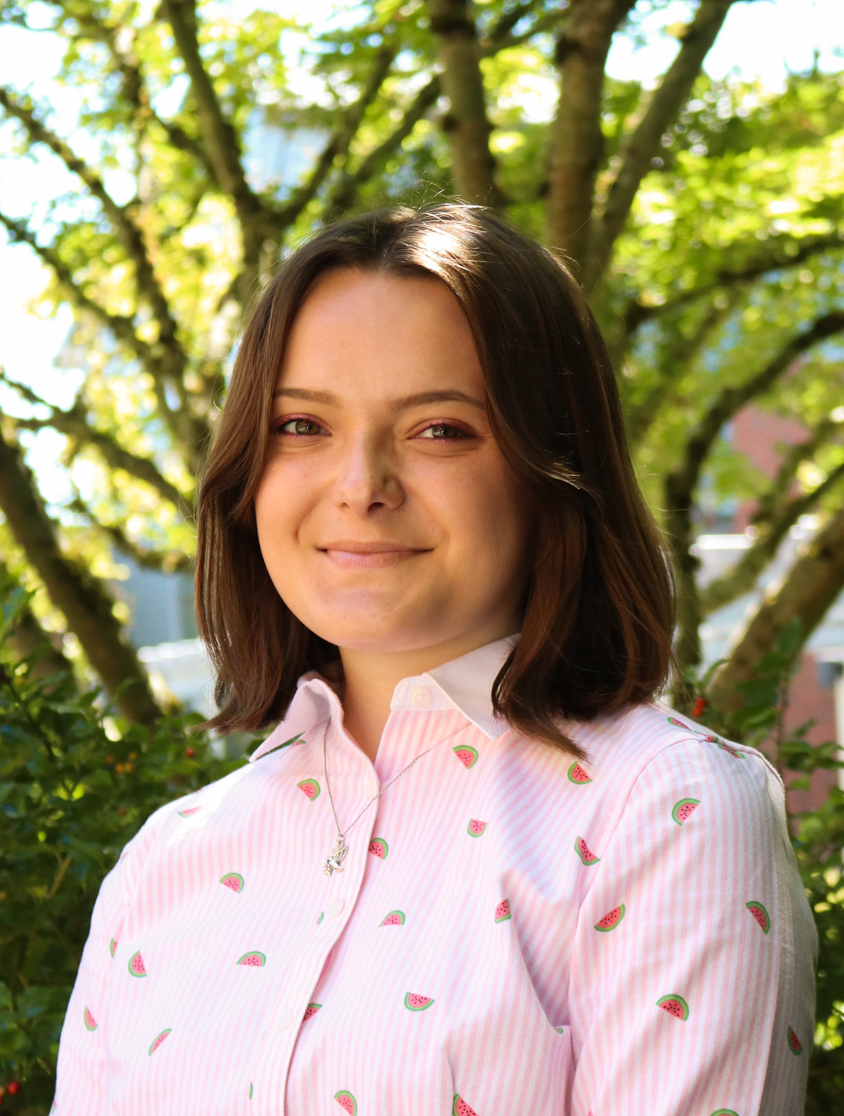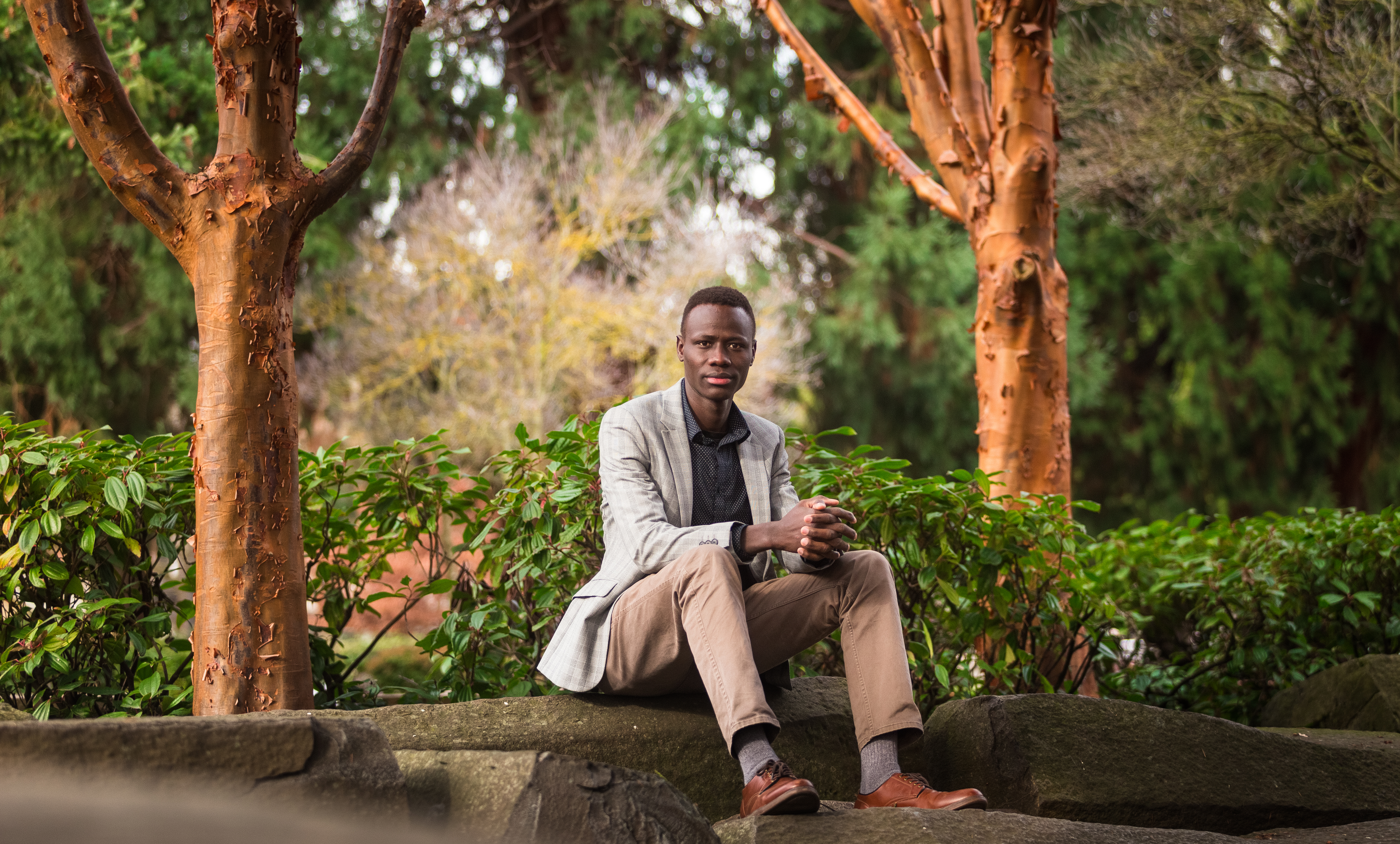You may have heard the term “microaggressions” when referring to offensive comments geared toward someone else, particularly Black Indigenous People of Color. However, it is a lot more complicated than simply describing them as regular insults. Microaggressions are unintentionally painful remarks in everyday conversation that reinforce negative stereotypes towards one’s race or cultural background, and they can be extremely harmful.

(David Priymak / The VanCougar)
Specifically, microaggressions actively reinforce white privilege, destroy an inclusive culture and are especially offensive when targeting BIPOC people. While microaggressions present themselves in a multitude of ways, authors Ella F. Washington, Alison Hall Birch and Laura Morgan Roberts of the Harvard Business Review offer a few examples of microaggressions and their impacts.
“For Black people, [microaggressions] are ubiquitous across daily work and life. Here are a few seemingly innocuous statements that, in the context of racist assumptions and stereotypes, can be quite damaging. … ‘When I see you, I don’t see color’ (signaling that the person doesn’t acknowledge your Blackness or won’t hold it against you), ‘We are all one race: the human race’ (signaling that your experience as a Black person is no different from the experience of people of other races) [and] ‘You are so articulate’ (signaling that Black people are not usually capable of competent intellectual conversation).”
Ruby N. Lewis, secretary of the National Association for the Advancement of Colored People’s Vancouver branch, teaches classes covering information about microaggressions at Clark College. She began instructing courses about how to spot microaggressions after witnessing her daughter receive racially targeted insults at school from other children on a daily basis. Lewis saw how damaging this was, especially after seeing her daughter’s teachers allow other students to use repeated microaggression insults without penalty.
“Originally when I created the class, it was specifically for teachers who needed to take the training, and who I felt like could use benefits from some microaggression training. My daughter suffered from kindergarten to fourth grade. … I pulled her out of school in March of 2020 because of all the microaggressions and systemic racism. It was just devastating to her, so that’s why I started the class.”
As a part of the NAACP, Lewis has taught her microaggression classes since January 2020 through Clark College’s Economic and Community Development program. She now uses Zoom to teach, and offers two microaggression training classes for youth, one for children ages 13 to 17, and one for young adults over 18 years old. In her classes, Lewis explains that to understand the impact of microaggressions is to look internally and understand your implicit biases toward others.
“In my experience with teaching the class, it doesn’t become a conscious effort for other people, it becomes a conscious effort for yourself. The only way that microaggressions can be eliminated is if yourself, your peers, your coworkers, your bosses, everyone around has to be open to the idea of microaggressions. If I come to somebody and say ‘hey, I feel like you just committed a micro-assault,’ you have to be open to saying ‘okay, well let’s talk it out,’ you can’t be on the defense,” Lewis said. “[Eliminating] microaggressions is really looking at the biases of everyone individually, not just pointing fingers. So, it’s still a new thing.”

Jessica Jones, a senior psychology major at WSU Vancouver, explains the damaging impacts unintentional microaggressions can have on those around you.
(David Priymak / The VanCougar)
Jessica Jones, a senior majoring in psychology at WSU Vancouver, says it is important to take a look into how potential microaggressions might appear in daily conversation and how sometimes certain comments could hurt someone where you least expect it.
“Focusing on your communication and how it makes people feel is where it starts. Really if you’re paying attention enough, you can notice how certain conversations might make a person feel. … Like if you hear someone who speaks broken English and you automatically say ‘where are you from?’ A lot of those people can be from the U.S., they could just have an interesting accent,” Jones said. “So, pointing out that otherness in something like that is a microaggression, in general finding more appropriate conversation topics to have with the person is good when it doesn’t have to do with their background.”
When examining the impact of microaggressions within WSU Vancouver’s community, Evans Kaame, a junior political science major and vice president of Associated Students of WSU Vancouver, says eliminating microaggressions has to do with unraveling one’s perceptions and being mindful of blind spots when conversing with others.
“Most of the time, we assume things, and that’s the essence of microaggressions. We have different perceptions of things, and those perceptions are either informed or uninformed. When we have those perceptions, we tend to say things that are not intentional or unintentional. When we do that, they can hurt somebody when we don’t know. The challenge is, are we willing to know that we have those blind spots? If the answer is yes, then the next step is, how do we reconcile when that happens? How do we have conversations with the people that we hurt unintentionally?” Kaame said.
To solve and identify microaggressions, Kaame suggests people talk issues out with each other in a constructive way. Being open-minded and having vulnerability, he says, is the key to forgiveness.
“By putting your ego aside, and being able to tell somebody that ‘I did not know that hurt you, next time I promise I won’t ever do that [again], would you forgive me?’ is courageous,” Kaame said. “That vulnerability and understanding, I think are the most important things, and I hope that others, and student leaders too, can emulate that.”

Olivia is a senior studying English at WSU Vancouver.
